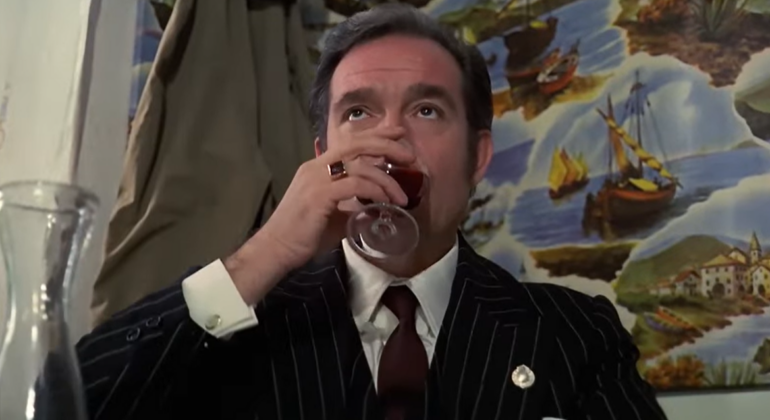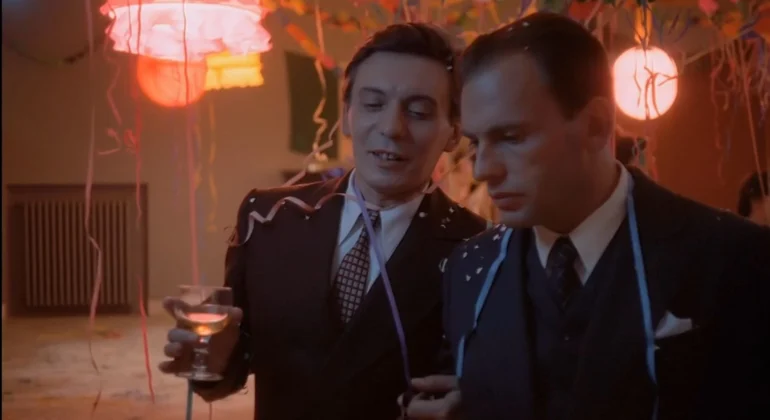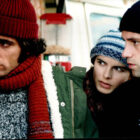Italian Wine: A Cinematic Celebration
Italy is famous worldwide for its extraordinary wine heritage and rich cinematic tradition. These two worlds often intertwine, creating cinematic masterpieces that celebrate Italian wine in all its beauty and complexity. In this article, we’ll explore how wine in Italy has been immortalized on the silver screen, referencing films like “Venga a prendere il caffè da noi,” “Il Marchese del Grillo,” and “Amore all’italiana.”
“Venga a prendere il caffè da noi” (1970) – Life in a Bottle
Directed by Alberto Lattuada, this film is a poignant portrayal of life in a small osteria in southern Italy. While the title refers to coffee, wine is a constant presence in the story. Patrons share conversations, laughter, and arguments over bottles of local wine. This film reminds us that wine is more than just a beverage; it’s a vehicle for socialization and friendship.
“Il Marchese del Grillo” (1981) – Wine as a Status Symbol
In Mario Monicelli’s film “Il Marchese del Grillo,” the protagonist Giuseppe Grillo (played by Alberto Sordi) is a carefree aristocrat of the 19th century, known for his extravagance and love for wine. The film highlights how wine was a status symbol in the high society of the time. Marchese Grillo emphasizes the importance of having an excellent wine cellar stocked with prestigious wines to impress guests.
“Amore all’italiana” (1965) – Wine in Love and Life
Directed by Vittorio De Sica, this film tells the story of a captivating romantic relationship between a young woman and an older man. Wine is a recurring element in the film, often consumed during romantic dinners. In this context, wine symbolizes passion, companionship, and the experience of life. It is a companion for the joys and challenges of love.
In addition to these specific films, wine has been a constant presence in Italian cinema. It has been portrayed in various forms, from rustic countryside cellars to elegant tastings in noble palaces. Italian cinema captures the variety of Italian wines, from the sophistication of Piedmont’s Barolo to the freshness of Veneto’s Pinot Grigio.
Beyond its representation in films, Italy boasts a rich wine heritage that serves as an endless source of inspiration for filmmakers. The vineyards sprawling across the hills, ancient cellars, and artisanal traditions enrich the Italian cinematic landscape.
In conclusion, wine in Italy is much more than a beverage. It is an intrinsic part of the culture, tradition, and cinematic art of the country. These films show us that wine is a pathway to exploring Italian identity, socialization, love, and life itself. When watching an Italian film that celebrates wine, you can savor not only the beauty of the images on the screen but also the rich flavor of Italian wine culture.
Discover these and other films through wwwmovieitalyplus.com or watch clips at www.visitalywitmovies.com








Recent Comments